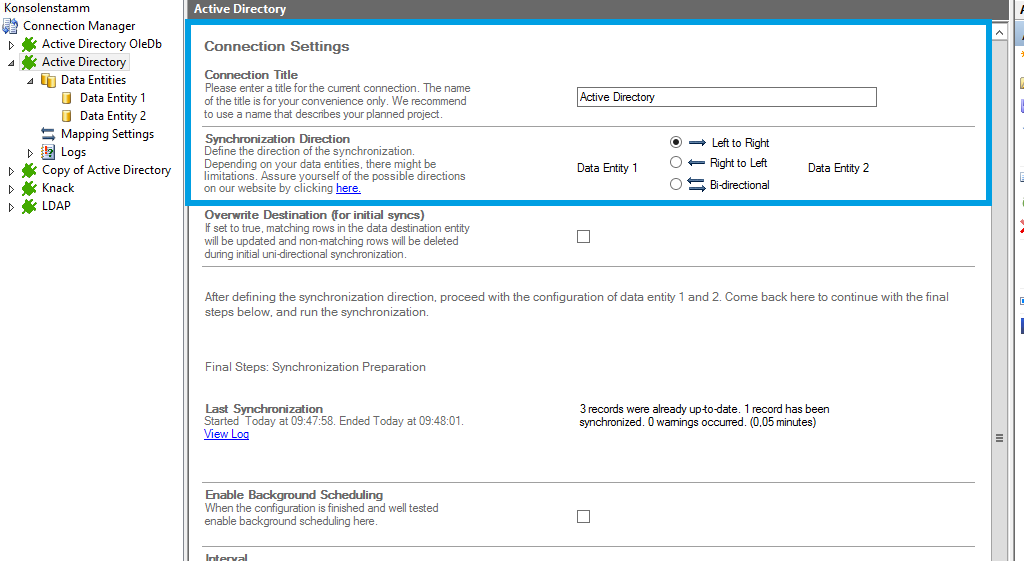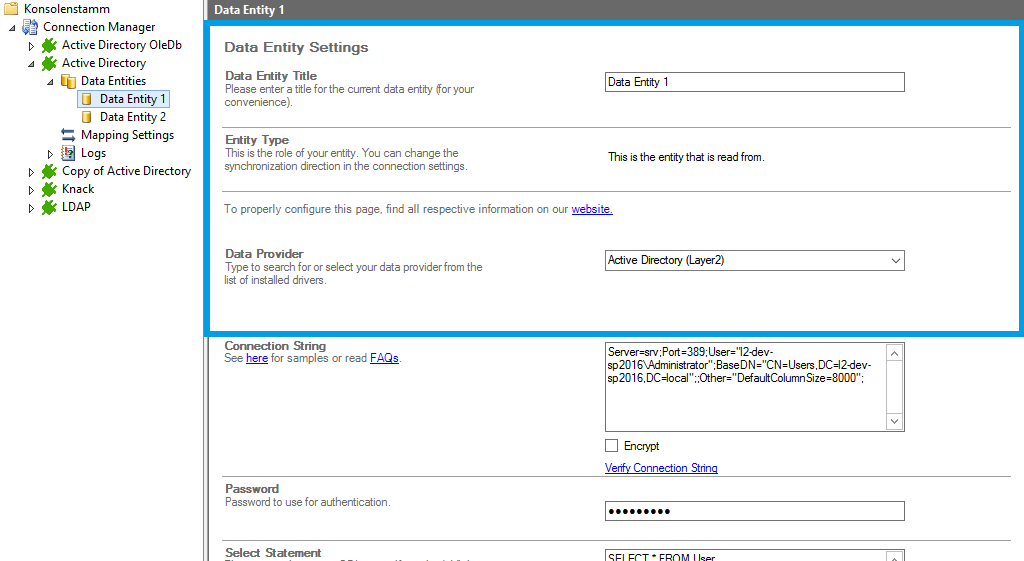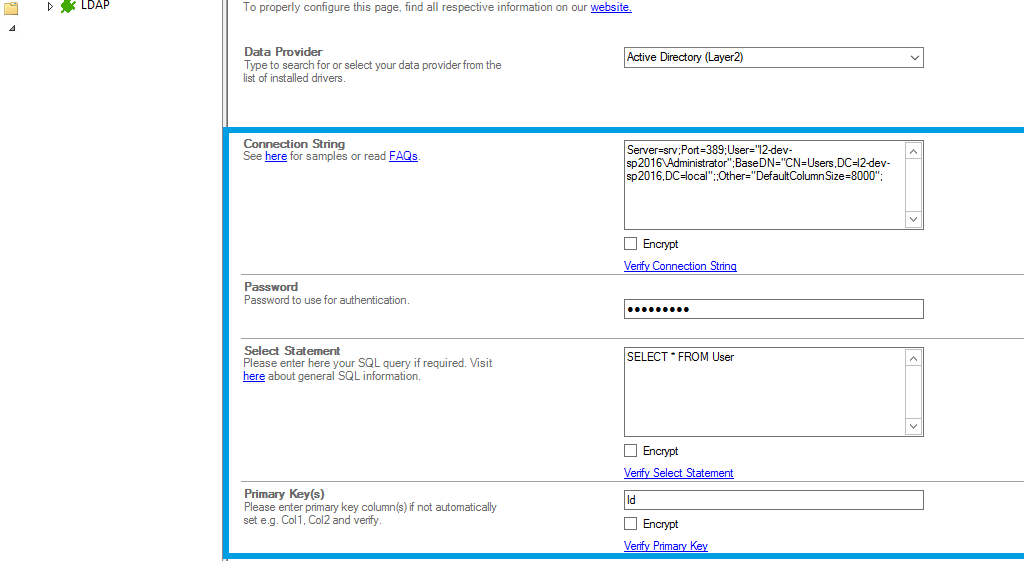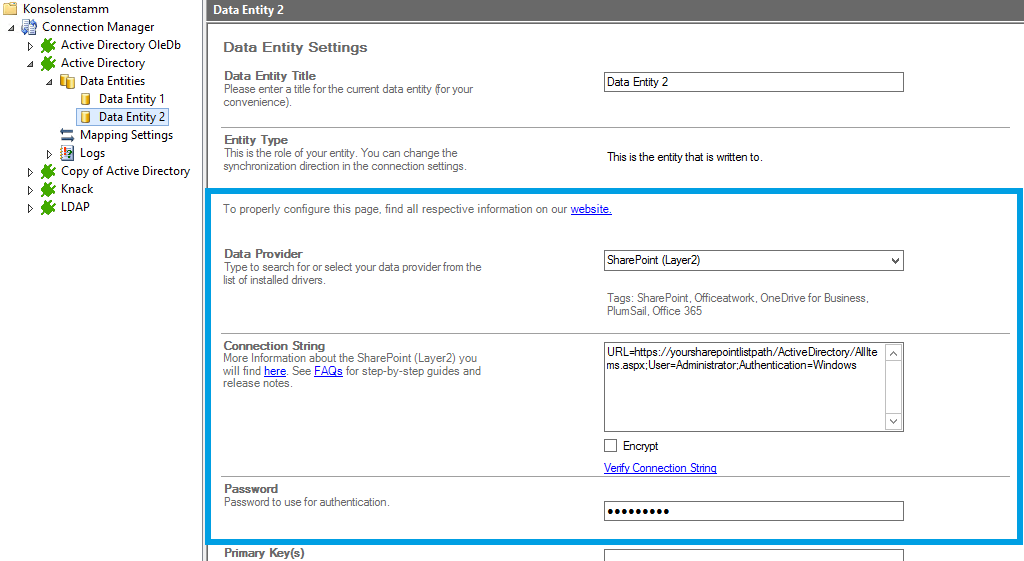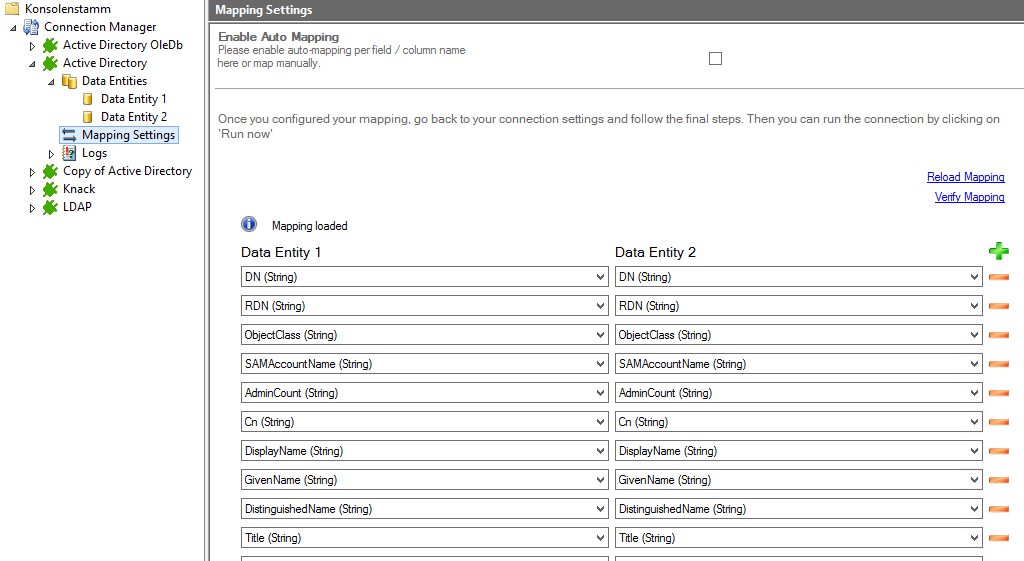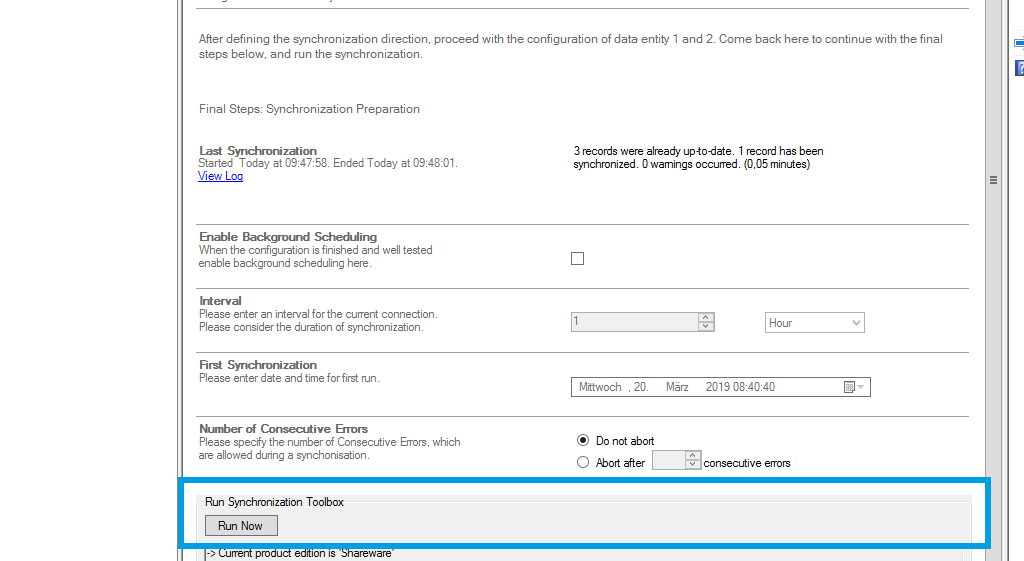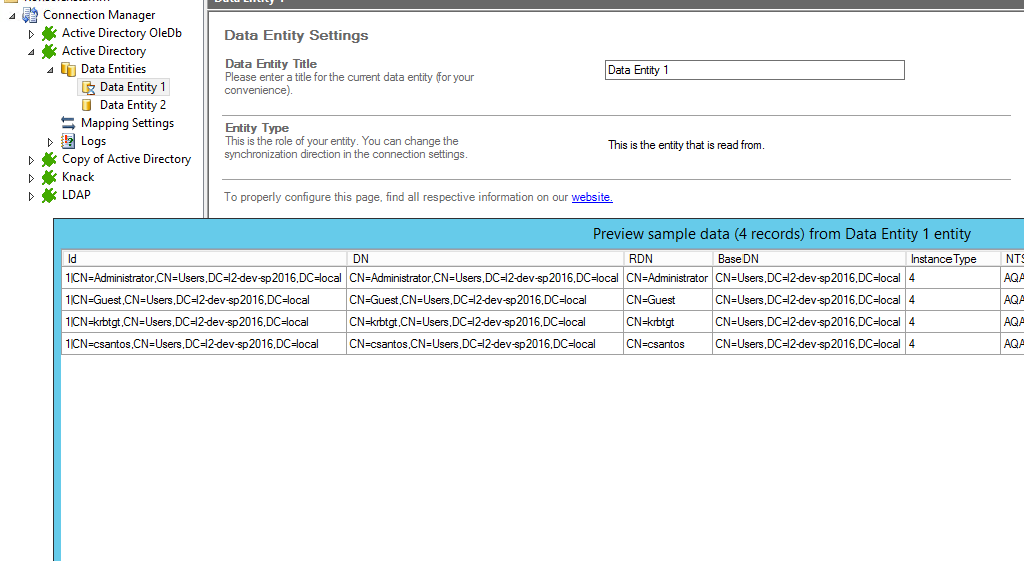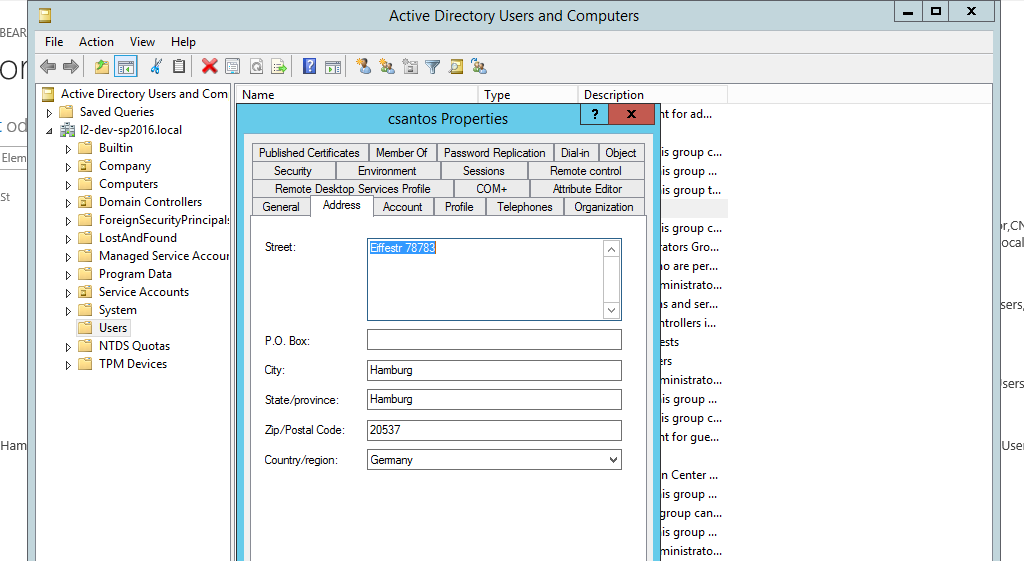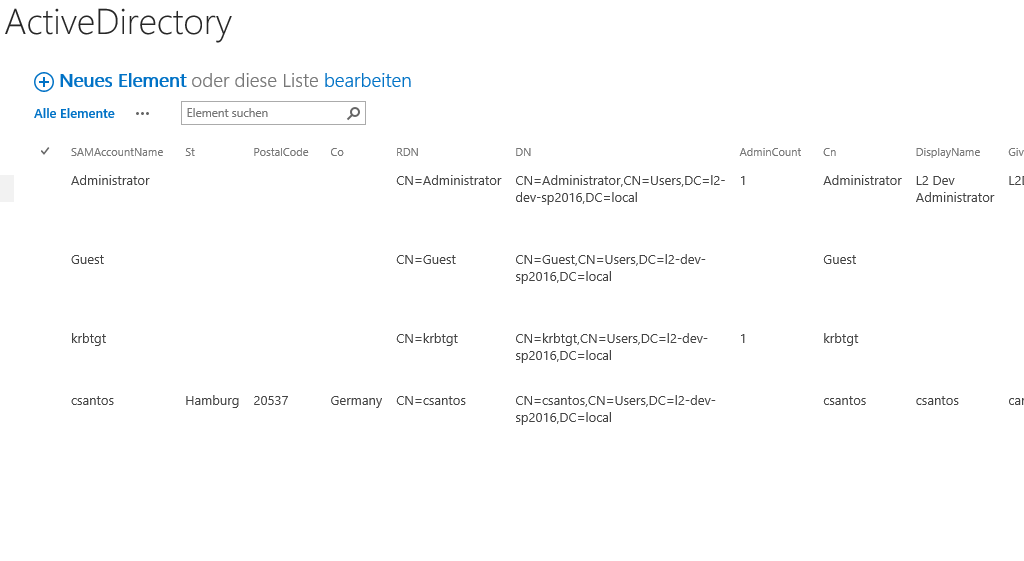Quick and easy installation in just minutes. Combine your data automatically in the background and benefit of better insights and greater revenues.
Active
Active
Learn on this page how the data integration of Active
How it works
In fact, you only need to do the 5 following steps to get your
1: Set up your connection direction as required: one-way or two-way.
2: Set up your data source, in this case, Active
3: Set up your target, for example, a Microsoft SharePoint list or library.
4: Set up your mapping.
5: Run your connection!
Benefits of using Layer2 Cloud Connector for Data Integration
Active Directory Connection Settings & Intro tutorials
You can find here the Connection Settings for Active
Connection Settings for the Active Directory Provider:
"How-to-connect" documentation of Active Directory & SharePoint with the Active
Connection String Example
Server=srv;Port=389;User="l2-dev-sp2016\Administrator";BaseDN="CN=Users,DC=l2-dev-sp2016,DC=local";Other="DefaultColumnSize=8000";
Select Statement Example
SELECT * FROM User
Connection Settings for the OleDb Data Provider:
"How-to-connect" documentation of Active Directory & SharePoint with the OleDb Data Provider:
Connection String Example
Provider=ADSDSOObject;User Id=myUsername;Password=myPassword;;
Select Statement Example
SELECT displayname, title, name, objectSID, ADSPath, givenName, sn, cn, company, department, l, mail, telephoneNumber From 'LDAP://myserver.mydomain.lokal/OU=MyOU, OU=Users,OU=MySubOU, DC=MyDomain,DC=lokal' WHERE objectClass='user' AND objectCategory='Person'





